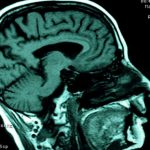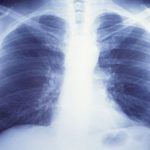
Why does one person take a lot of risks and another proceed with more caution? Researchers came closer to that answer with a new study that shows risk-taking behavior may be related to characteristics in the brain. The study found there is no one risk area in the brain. Instead, there are many regions where anatomy is altered in people who take risks. Yet there is a connection between genes, lower levels of gray matter and risky behavior, researchers concluded. “People have different tendencies to engage in behavior that risks their health or that involve uncertainties about the future,” senior author Gideon Nave said in a University of Pennsylvania news release. He’s an assistant professor of marketing at the university’s Wharton School. The research team gathered brain scans and genetic data from more than 12,600 people of European ancestry and then from another 13,000 people. All were aged 40 to 69 and enrolled in the UK Biobank. Investigators used self-reported risky behaviors — smoking, drinking, sexual promiscuity and driving above the speed limit — to create an overall indicator of risk tolerance. They estimated the relationship between total gray matter volume across the brain and the risk-tolerance score. Higher risk tolerance was correlated with overall lower gray matter volume, researchers said, though only an association was seen. Gray matter carries out the basic functions of… read on > read on >
























-300x200.jpg)










